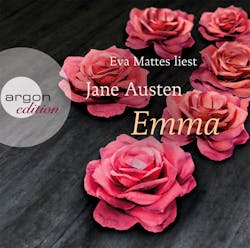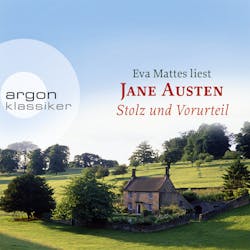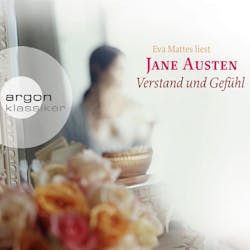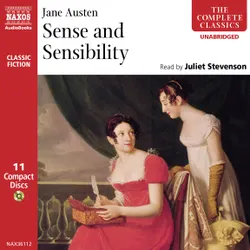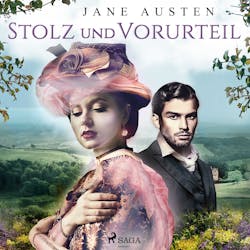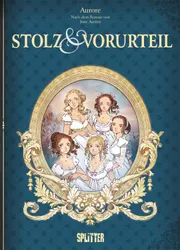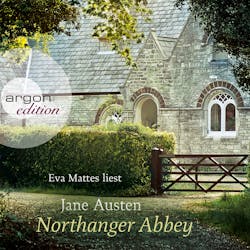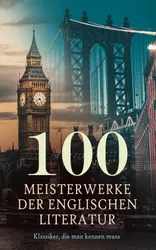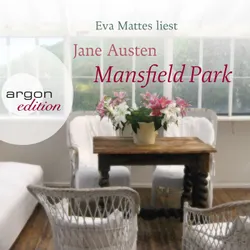Jane Austen’s letters afford a unique insight into the daily life of the novelist: intimate and gossipy, observant and informative–they read much like the novels themselves. They bring alive her family and friends, her surroundings and contemporary events, all with a freshness unparalleled in modern biographies. Most importantly, we recognize the unmistakable voice of the author of such novels as Pride and Prejudice and Emma. We see the shift in her writing from witty and amusing descriptions of the social life of town and country, to a thoughtful and constructive tone while writing about the business of literary composition.
Austen’s personal correspondence has stirred up controversy since her untimely death in 1817 at age 41. The next year her brother Henry Austen wrote in the ‘Biographical Notice of the Author’ included with the publication of her novels Northanger Abbey and Persuasion that she ‘never dispatched a note or a letter unworthy of publication’. Years later, a niece Caroline Austen did not agree, ‘there is nothing in those letters which I have seen that would be acceptable to the public.’ In comparison to her published works, the letters do dwell upon ‘little matters’ of domestic life in the county, but to the patient reader we begin to understand Austen’s life and experiences beyond the minutia and realize through her clever descriptions and acerbic observations how this simple parson’s daughter became the author of novels that are so valued and cherished close to 200 years after their publication.
The author gained far more status after her death, and her six fulllength novels have rarely been out of print. A significant transition in her posthumous reputation occurred in 1833, when her novels were republished in Richard Bentley's Standard Novels series, illustrated by Ferdinand Pickering, and sold as a set.

